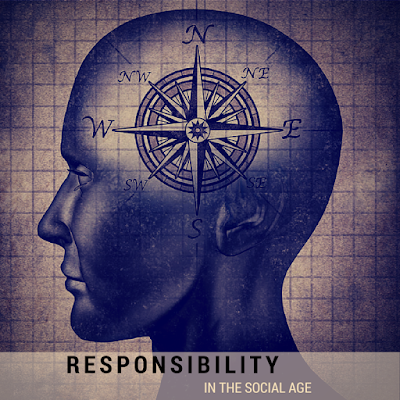I am an essayist specializing in the Bahá'í Principles. Essays come out every day or so. Contact me at: badijet@gmail.com
Monday, November 14, 2016
Is the Baha'i Commonwealth a form of Responsible Government, or vice versa?
As I write, Americans are sweating blood as Donald Trump introduces his cabinet appointees to the world. Who is this fellow he chose? Could be anybody.
When de Tocqueville analysed the American system, he noted that the presidency was in effect an elected king, but whose all but unlimited powers were weak and counter-balanced by meagre, decentralised executive means. It was true, too, at the time. Since then his means and power has greatly increased.
Canadians developed our greatest political invention during the 19th Century, responsible government (https://en.wikipedia.org/wiki/Responsible_government). William Lyon MacKenzie (a one time rebel leader who relented and became a founding father of Canada, http://www.thecanadianencyclopedia.ca/en/article/mackenzie-william-lyon/) and others worked out responsible government in close contact with the flaws of the American system, whose many other virtues they also knew intimately. Responsible government became the core of the Westminster parliamentary system, adopted by England, Australia, and others.
One feature of RG is that the leader is chosen by a party, like the U.S. President, but both PM and party are wholly responsible to parliament, which in turn responds to the will of the people, to the monarch, and ultimately to God. A motion of non-confidence brings it all down, and the PM must reform or call a new election. The Prime Minister's cabinet consists only of elected members of parliament from the same party. As a result, after an election we feel curious, not fearful or surprised, to find out which ministers the PM chose out of other elected parliamentarians.
Baha'i Administration removes parties, but in effect the secretary or chair of the spiritual assembly is close in role to the Prime Minister under responsible government. No power outside the institution, but a surprising amount of executive discretion. At times, in public relations, the secretary of the NSA is even referred to as the "secretary general" of the Baha'is of that nation. The UHJ has a rotating chair, whose function is kept purely internal and confidential -- like the rotating presidency of Switzerland. At the local level, the chair is the one whose job is similar to the Prime Minister. He or she is a public figurehead kept in check and responsible to the Assembly as an institution. The role of the chair is crucial and much more demanding than most beginners in the study of the Administrative Order usually realise.
Unlike responsible government, though, the Baha'i institutions are responsible to God, first and foremost. But it is still, I think, a form of responsible government, as described above. If I am right, this would be suitable to our collective coming of age, the era that the Guardian called the "age of responsibility."
Subscribe to:
Post Comments (Atom)


1 comment:
In cabinet government, the Ministers and other members of the cabinet do not need to be Members of Parliament. Technocrat Ministers drawn from outside Parliament are not uncommon.
This also applies in theory to the Prime Minister, although I do not know of any example where the Prime Minister was not an MP, except for the short-term case of PM Douglas-Home in the UK, who was not an MP until a suitable by-election came up to make him an MP.
Post a Comment